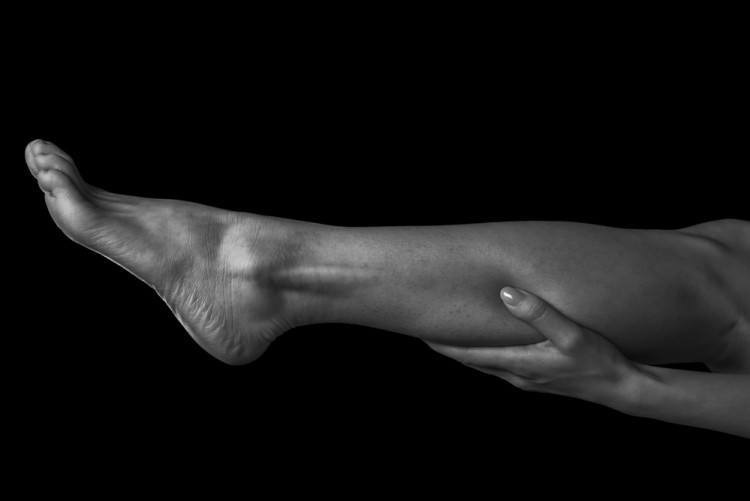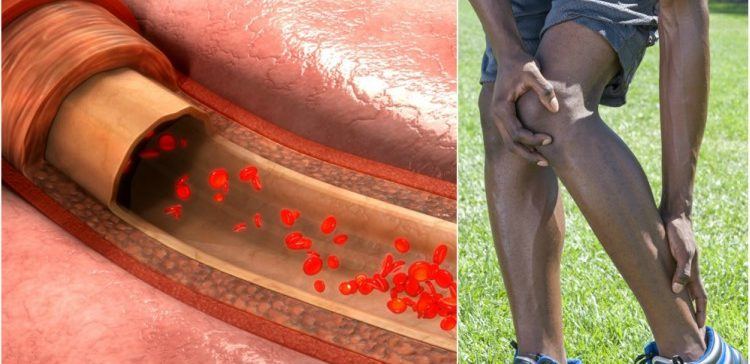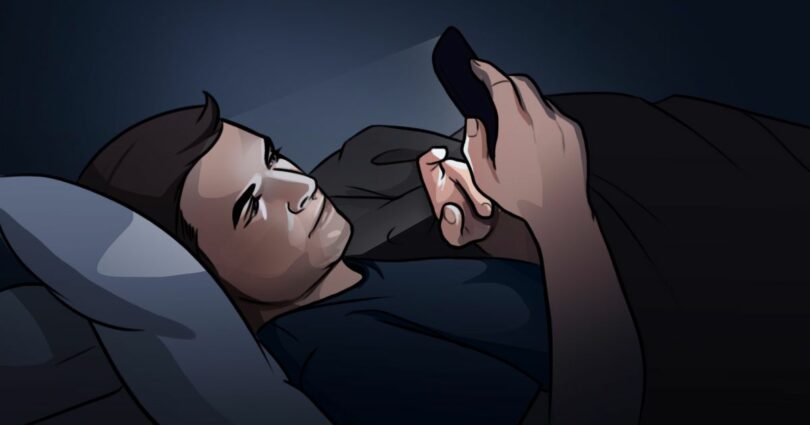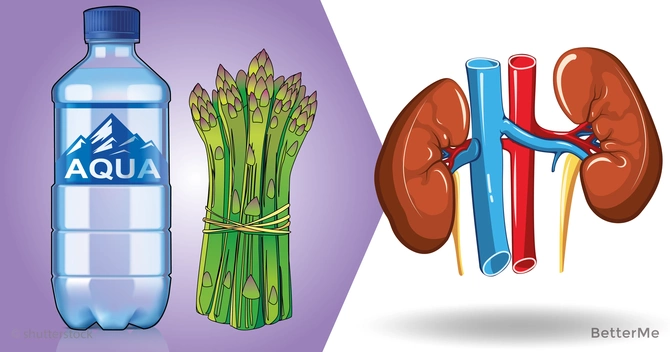5- Dizziness or Fainting
This could be a sign that the blot has broken free, causing you to have low blood pressure, and feel dizzy or faint.
6- Extreme Fatigue
Weakness and fatigue could be a sign of DVT/pulmonary embolism. A friend of mine was unusually tired and winded for several weeks when climbing the stairs to her apartment. She later found out there were eight clots in her lungs. If your fatigue is accompanied by any of these other symptoms, see a doctor!
7- Pain

Depending on where the blood clot is located, you may have pain in your calf (leg), arm, abdomen, or head. Muscle cramps or spasms may also be present. Pay attention to whether the pain is isolated to one limb only, as that can indicate a clot.
9- Skin Temperature Changes
With DVT, the limb is typically warm to the touch or has a warm sensation. It’s normally isolated to the section of skin where the clot is located.
With the other type of clot (arterial), the lack of oxygen flowing through the body may cause you to experience coolness in your arm or leg. Your fingers or toes might also feel cold.
10- Fever
When a blood clot breaks and enters the bloodstream, it can cause your body temperature to spike. Look out for a fever with a sudden onset.
The following factors increase your risk for getting a blood clot:
Obesity
Being sedentary/physically inactive
Injury at the site like a concussion
Surgery
Smoking
Pregnancy
Family history
Extended travel
Older age
Diabetes
Hypertension
High cholesterol
Sometimes people with clots will exhibit no symptoms, but if you notice one or more of these are out of the ordinary for you, visit a medical professional right away. Remember, clots can form anywhere including: leg, arm, abdomen, heart, or pelvis.
Are you receiving treatment for DVT or history of blood clot? Has someone close to you suffered due to a blood clot?
SOURCES
Tiphero.com
Johns Hopkins
CDC
Hematology.org







